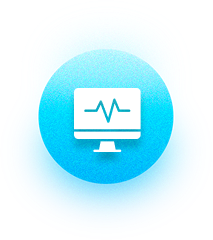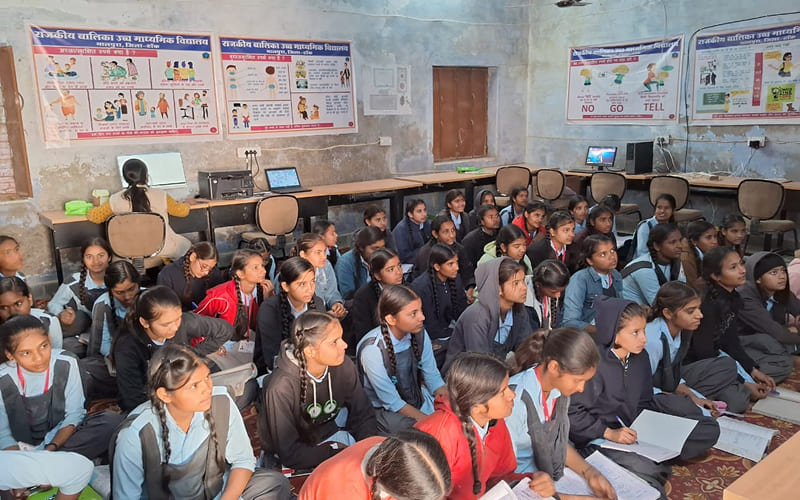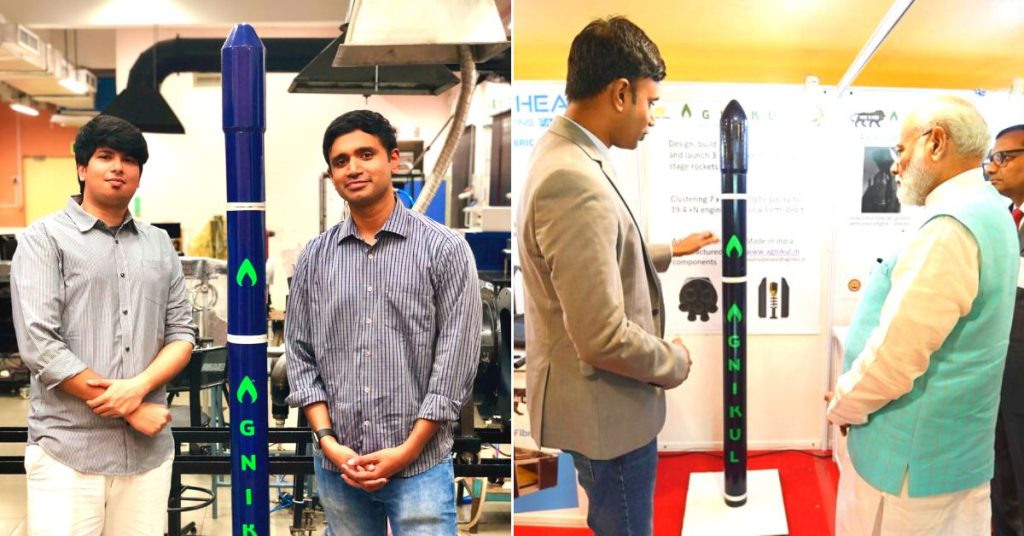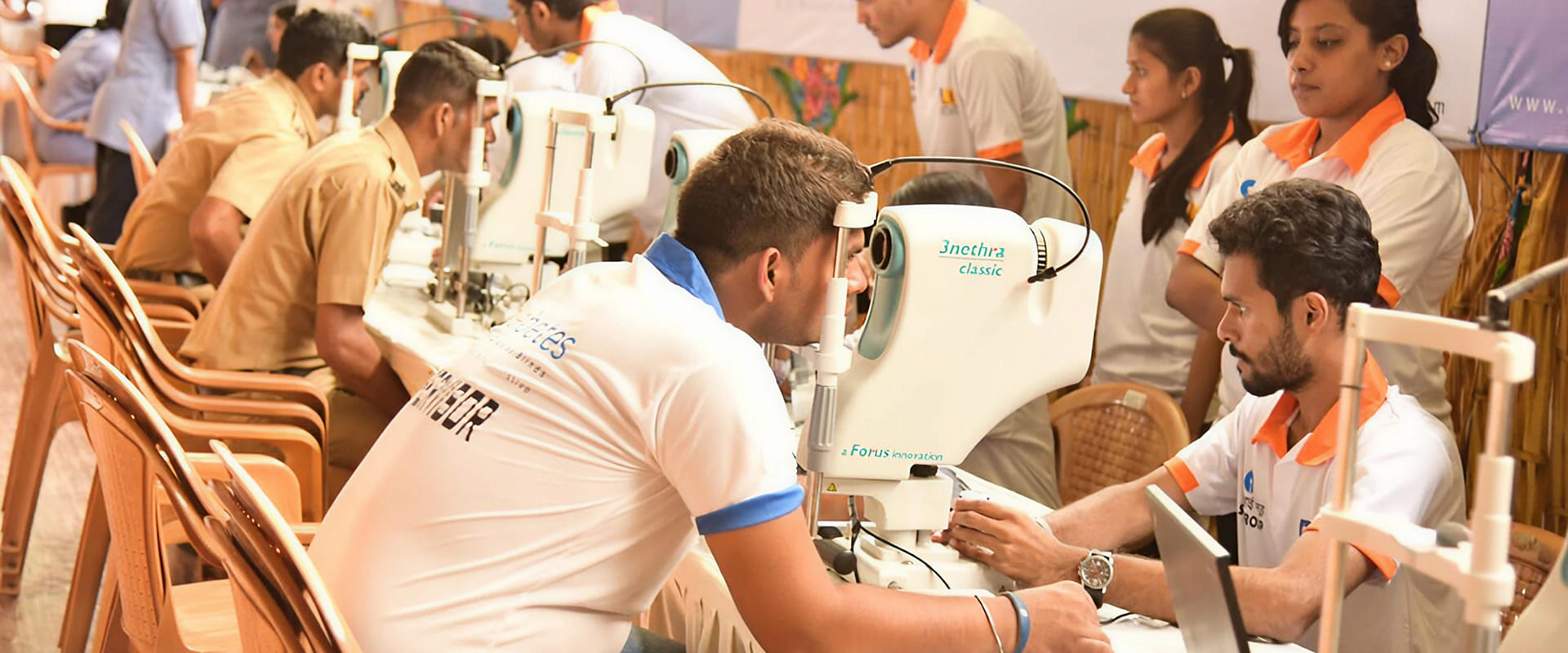
Low-Cost, AI-Based Ophthalmic Diagnostics for Millions: The Case of 3Nethra
Forus Health’s 3Nethra is a low-cost, AI-powered eye screening device developed to detect conditions that can cause preventable blindness. Designed for use in remote and underserved areas, it has screened over 3 million patients across 35 countries, enabling early diagnosis of retinal disorders and bridging a critical gap in primary eye care infrastructure.
Updated on: 19 June 2025
Impact Metrics
3 million+ patients
screened globally, across 75+ countries.
50% increase
in early diabetic retinopathy detection.
70% reduction
in unnecessary referrals in Karnataka.
Neonatal eye screening
to prevent Retinopathy of Prematurity (ROP).
In 2010, BITS Pilani alumnus K. Chandrasekhar founded Forus Health with a singular objective: to reduce the global burden of avoidable blindness. He collaborated with Dr. Shyam Vasudeva Rao to develop 3Nethra, a compact, affordable, and AI-powered eye-screening device.
Traditional eye diagnostics depend on bulky, high-cost equipment operated by ophthalmologists, often limiting access in rural and underserved areas. 3Nethra was designed to address this limitation. It is portable, requires minimal training to operate, and is capable of screening for multiple eye disorders, including diabetic retinopathy, glaucoma, cataracts, corneal issues, and refractive errors.
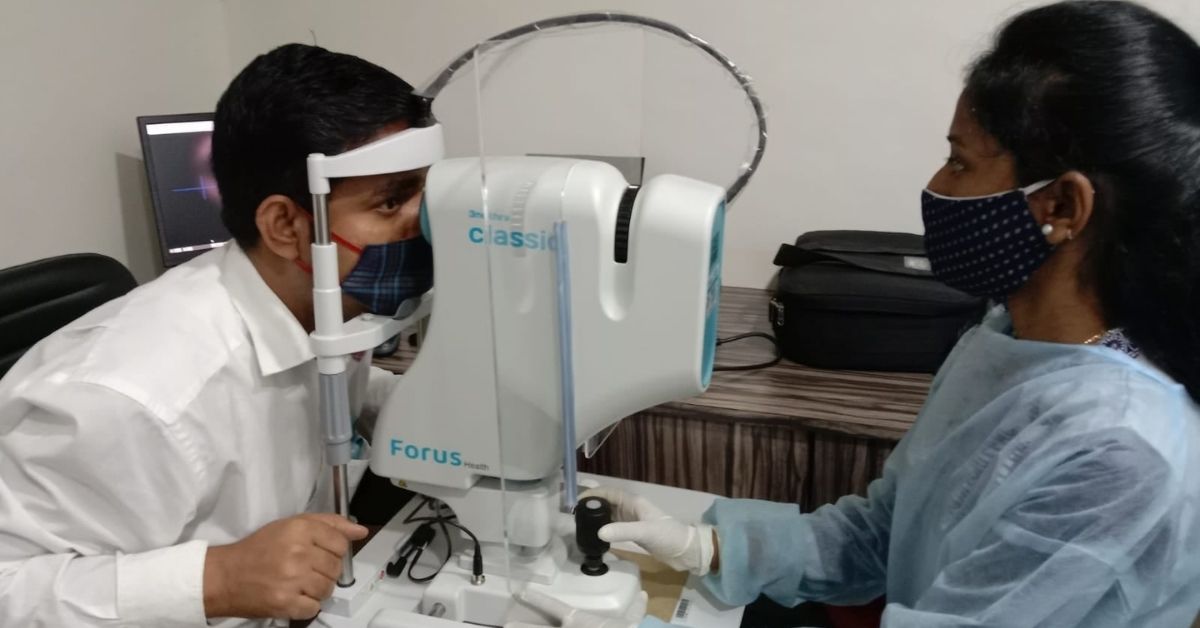
A mission to end preventable blindness
India is home to nearly one-third of the world’s blind population, much of which is preventable through early screening and treatment. However, a shortage of ophthalmologists—especially outside urban centers—coupled with poor awareness and late-stage diagnosis continues to hinder effective care.
3Nethra tackles these systemic issues by decentralizing diagnostic capacity. The device captures high-quality images of the eye and uses embedded AI algorithms to flag abnormalities. Results can be uploaded to a cloud platform and reviewed by experts remotely, thus removing geographical bottlenecks in diagnosis.
This distributed model facilitates task-shifting, allowing technicians and community health workers to conduct first-level screenings and refer only critical cases to specialists. It also reduces the cost per screening, making it feasible for large-scale public health interventions.
Impact in numbers—and across borders
Forus Health’s approach has yielded measurable results. Over 3 million people have been screened using 3Nethra across India, Southeast Asia, Africa, and Latin America. In India, the device has been adopted by state health departments, private hospitals, and non-profits conducting rural eye camps.
A field study in Karnataka in 2021 reported a 50% increase in early detection rates of diabetic retinopathy and a 70% reduction in unnecessary referrals when using the 3Nethra screening workflow. Its AI has been trained on millions of cases, allowing it to continuously improve predictive accuracy in real-world conditions.
Today, 3Nethra has scaled operations to over 75 countries across Asia, Africa, and Europe. In the US in particular, their innovation helps users cut overall time by 50%.
The device has also supported neonatal eye screening in public hospitals, helping prevent Retinopathy of Prematurity (ROP) among premature infants. The reliability and versatility of 3Nethra have led to its inclusion in national and regional screening programs in over 35 countries.
Designed for scale, built for the field
Built on a combination of optics, embedded systems, and machine learning, 3Nethra is modular in design and easily adaptable for different clinical environments. The software interface is user-friendly and supports multilingual inputs, further increasing accessibility.
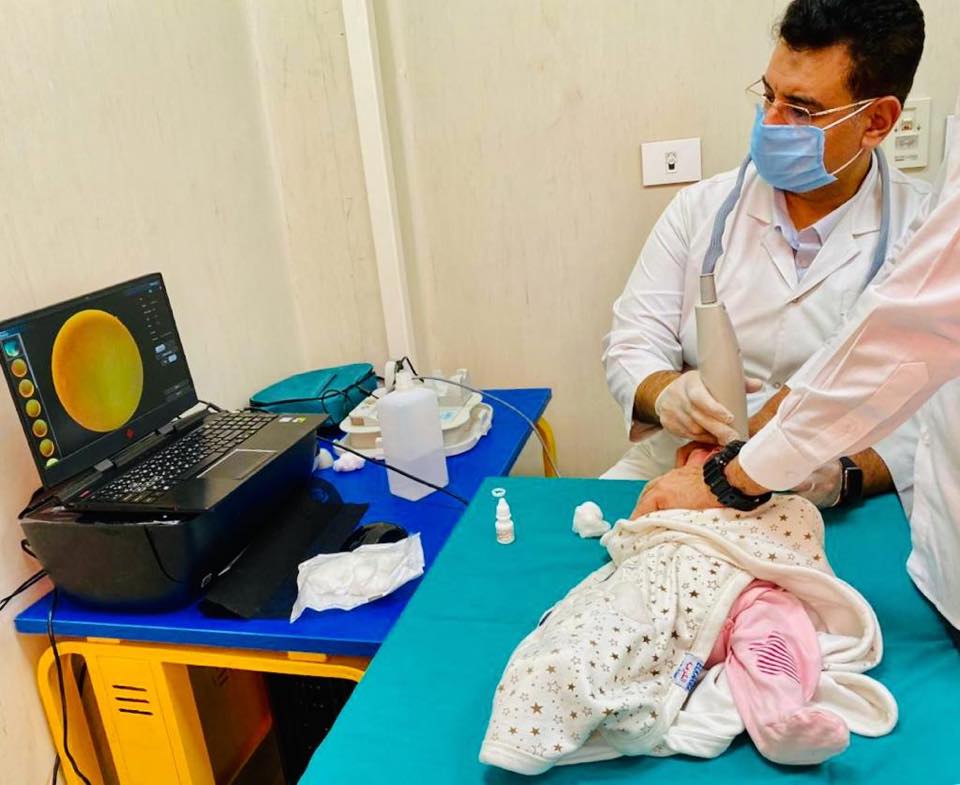
Its cloud-based image management system allows seamless integration into digital health records and telemedicine workflows. This interoperability has made the model particularly effective in resource-limited settings, where ophthalmologists may only be available at secondary or tertiary care centers.
The device’s ability to function without consistent electricity or internet access makes it viable for field operations. Training for field technicians can be completed in under a week, accelerating deployment across districts.
Engineering public health breakthroughs
3Nethra exemplifies how domain-specific engineering, when paired with AI, can address foundational public health challenges. It bridges the divide between tertiary diagnostic capabilities and primary care availability. By enabling early intervention at the community level, it has the potential to reduce national healthcare burdens related to vision loss, lost productivity, and disability.
Its replicability lies not only in its cost structure but in the clinical confidence it inspires through consistent performance. Forus Health’s model offers a blueprint for other diagnostic domains where early detection is essential but access is limited. The work sets a precedent for how med-tech innovation from India can shape global health outcomes.
Share Your Story Today, Shape Viksit Bharat Tomorrow
Got an idea, innovation, or experience that's making a difference? Share your story now and ignite India's transformation because your voice can drive the future forward!
BUILD YOUR OWN
BUILD YOUR OWN
How can I implement this innovation effectively?
How is this innovation being adopted around the world?
Where else could this innovation make an impact?
Who has seen real results from using this innovation?
What insights do experts share about this innovation?
What policies support or influence this innovation?
How could this innovation evolve in the future?
Is this innovation accessible and inclusive for everyone?
How can I contribute to or participate in this innovation?
What resources can help me explore this innovation further?
Handpicked stories tailored just for you
Explore stories that inspire, inform, and ignite new ideas across tech, innovation, and real-world impact

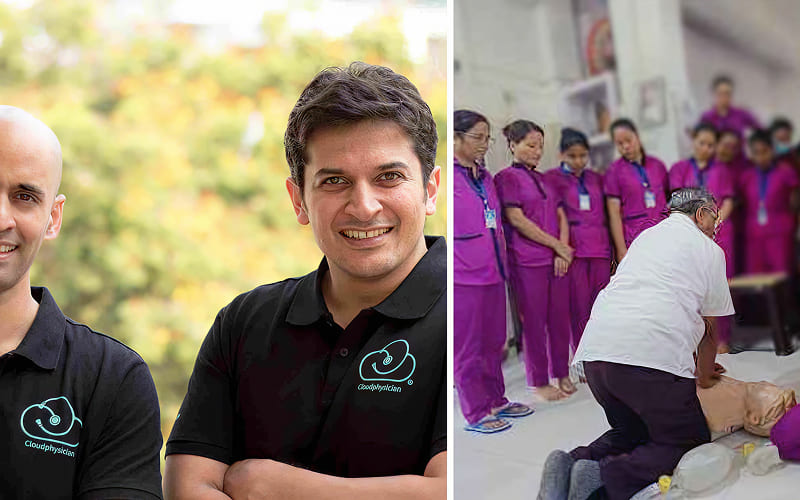
Tele-ICU Technology Revolutionizes Critical Care Access Across India
Bengaluru-based Cloudphysician is transforming ICU care with its Tele-ICU platform, connecting hospitals to remote intensive care experts 24/7. Co-founded by...
Read More

